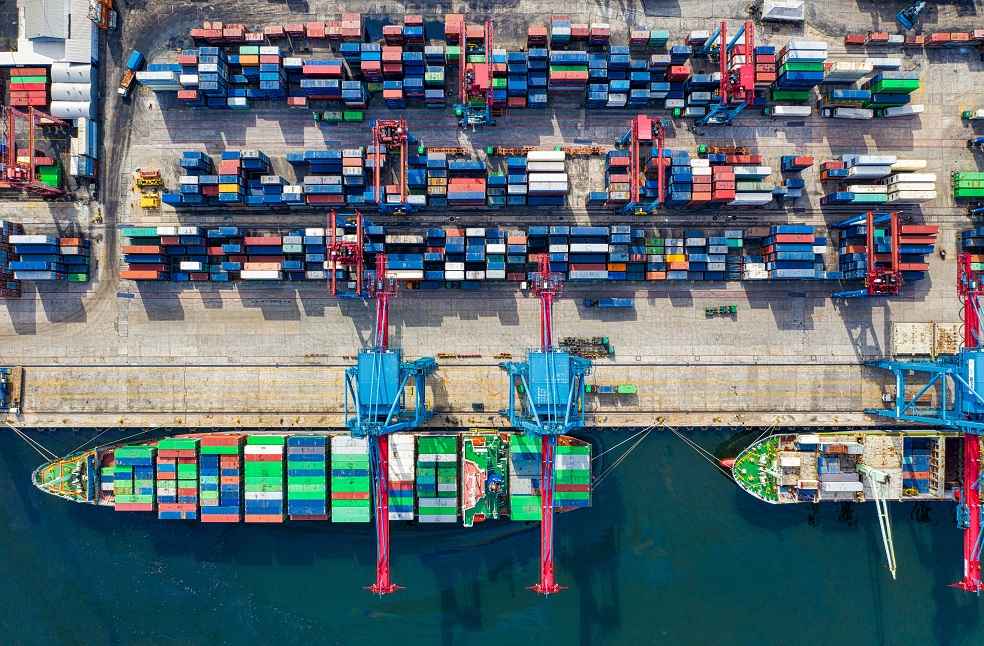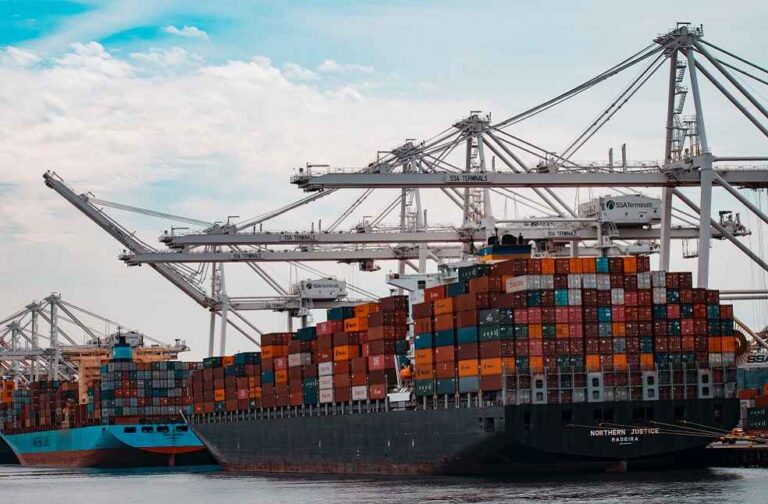Egypt’s government unveiled an upgraded Export Rebate Program for the 2025–2026 fiscal year, committing £45 billion to drive export growth, boost competitiveness, and strengthen the integration of local industries into global markets. The initiative features expanded support measures and a redesigned framework to strengthen Egyptian exporters.
Investment and Foreign Trade Minister Hassan El-Khatib and Finance Minister Ahmed Kouchouk jointly declared the new scheme, highlighting that it developed through an extensive consultation process. The scheme integrates insights from 13 export councils, industry specialists, and key private sector representatives to ensure a well-rounded approach to supporting exports.
Egypt’s revamped rebate framework adopts global best practices while addressing its distinct sectoral needs. Through economic modeling and technical evaluations, the government has prioritized sectors based on export potential, added value, and employment impact.
The vital sectors involved in consultations include chemicals and fertilizers, agriculture, furniture, textiles, pharmaceuticals, food processing, building materials, and engineering, representing a broad spectrum of Egypt’s industrial foundation.

The government has integrated the program with critical policy reforms, including a flexible exchange rate, sector-specific tax incentives, lower non-tax financial burdens, faster customs processing, and 29 strategic measures to optimize foreign trade operations.
The approach led to the development of an economic model to determine essential sectors and distribute funds effectively, ensuring seamless coordination among all relevant government entities.
Finance Minister Ahmed Kouchouk emphasized that strengthening exports is a central pillar of Egypt’s fiscal strategy, especially in sectors with high productivity and strong value-added potential. The government has allocated £45 billion to the new program, underscoring its commitment to private-sector collaboration and economic expansion.
Between 2019 and 2024, the government provided £70 billion in export support, benefiting over 2,800 companies. In the current fiscal year, payments are being processed within 90 days, a first for the program. For the 2025/2026 cycle, the budget will nearly double to £45 billion, with £38 billion allocated to priority sectors and £7 billion reserved as a flexible fund. Allocation is based on four key factors: added value (50%), export growth (30%), production capacity (10%), and employment levels (10%).

The £7 billion flexible fund will be allocated to high-potential industries, with an initial focus on engineering and chemicals, guided by economic complexity analysis. It will also support top Egyptian exporters, attract global manufacturers, and fund export-driven infrastructure development.
The program guarantees inclusive support for businesses of all sizes, with clear eligibility criteria, ensuring accelerated reimbursements within 90 days, and payments free from tax liability deductions.
For 2024/2025, with a budget of £23 billion, disbursements have been fully aligned with Ministry of Finance allocations, marking the first cycle where all payments were processed within 90 days without retroactive deductions.
NEW LAUNCH | WTC Abuja Unveils Export Launch Pad to Boost Trade Competitiveness



